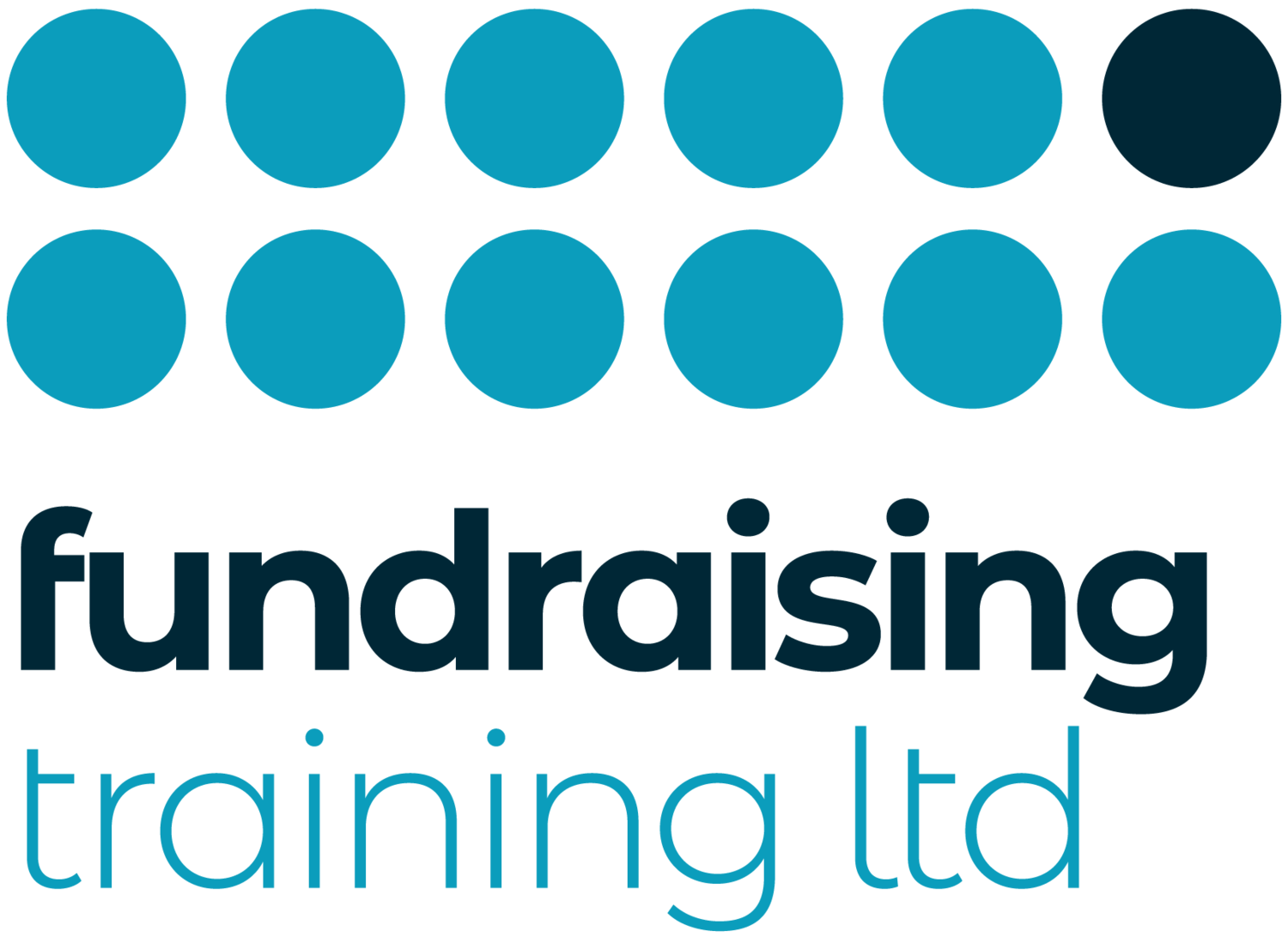Writing for Impact
Cluster 2
The cluster will take you through a selection of proven writing techniques. We will start with the use of empathy in persuasive writing and a powerful logical sequence for presenting your case. We will also share some time-honoured techniques for mastering brevity, becoming a trustworthy narrator and making sure that your writing is memorable.
In the final learning pod we will impart some creative techniques for using infographics to enhance your words and visually transform your proposal.
This learning cluster will impart relevant skills for all fundraisers who have to develop appeals to any donor, from a Foundation, to a company to individuals.
Pod 2.1: Logical Empathy
When they don’t have an application form and they don’t tell you what to say, how do you construct a proposal from a blank sheet?
Learning Outcomes:
Understanding of the role of empathy in persuasive writing.
How to use the ‘Disney Method’ to construct a powerful story.
Process:
We will take you through a six-stage process which will reveal a logical structure for persuasive storytelling. We will start with identifying the problem in factual and emotional terms, move onto the fears and the hopes and then developing a solution and proposition for the donor.
You’ll be able to practice crafting a story for your own organisation using this technique.
Pod 2.2: Mastering Brevity
In the words of Blaise Pascal, the French mathematician and philosopher: ‘Je n’ai fait celle-ci plus longue que parce que je n’ai pas eu le loisir de la faire plus courte.’ (‘I have made this longer than usual because I have not had time to make it shorter.’) “Lettres Provinciales”, 1657
Squeezing all your points into a tiny word count is an essential skill.
Learning Outcomes:
Ability to reduce word counts by converting from passive to active voice.
Ability to reduce word counts by using techniques to cut out unnecessary words.
Process:
We’ll explain the difference between active and passive statements and equip you to convert lengthy passive statements in direct and shorter active ones. We’ll also draw upon the wisdom of George Orwell to help you write with greater clarity, less jargon and less words. We’ll use case studies to learn and then help you to apply these techniques within your own writing.
Live online workshop times and dates can be found on our booking platform
Pod 2.3: Memorable and Trustworthy Writing
Good writing needs to be accurate and picturesque.
Learning Outcomes:
Ability to identify the key point you want to emphasize and use a ‘dissonant’ technique to ensure that it is memorable.
Ability to insert appropriate detail into proposals, in order to convince readers of the accuracy of your writing.
Process:
The grantmaking process usually involves someone condensing your extensive proposal into a short summary for a committee. You need to equip your reader to write on your behalf. So, you need to make sure that your most important point is retained.
We’ll explore the world of abstract art to show how dissonance (rule breaking) is a powerful tool for recall. You also need to be a trustworthy narrator, and we’ll share the techniques within Homer’s Odyssey to equip you to present your information with accuracy.
Pod 2.4: Creative Infographics
Words can only take you so far. Images and diagrams can be the key to unlocking understanding and being memorable. Increasingly donors are looking for an infographic to grasp your complexities.
Learning Outcomes:
Understanding of the role of infographics in proposals.
Ability to use at least three techniques to develop infographics within your proposals.
Process:
We’ll look at techniques for converting words into images. We’ll also share how to place them in a logical map. We’ll look at how a limited range of images can stimulate the right meaning, but combining these in different sequences. We’ll also look at wider creative processes for selecting the right images, in the right order. You’ll have to prepare both sides of your brain to take part in this workshop.
“I really enjoyed the session on Logical Empathy - I found the mechanism of quizzing another member of the group really put me in 'donor' mindset. I actually came away and made a gift to Joe's charity, as the process of questioning and the focus on the emotional aspect meant we uncovered that this organisation was doing something I really cared about.”
Chris Richardson-Wright (Independent Fundraising Consultant)
Click to head to our booking platform
Cost: This live online cluster of four workshops costs £199







